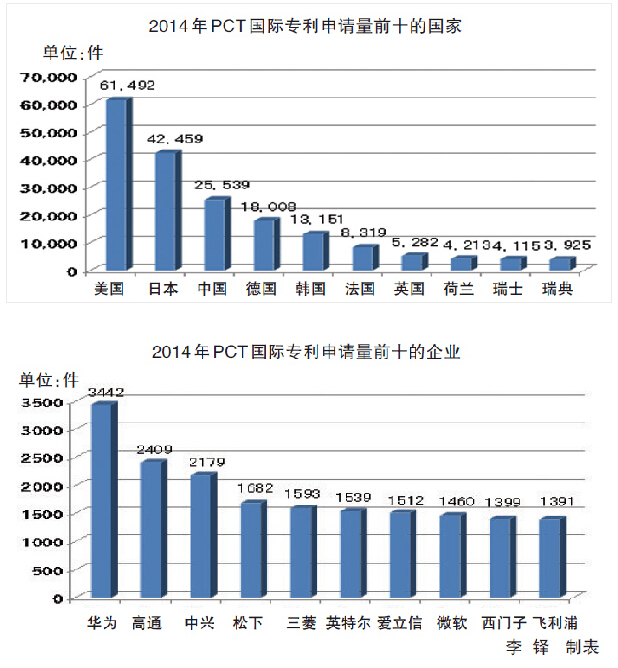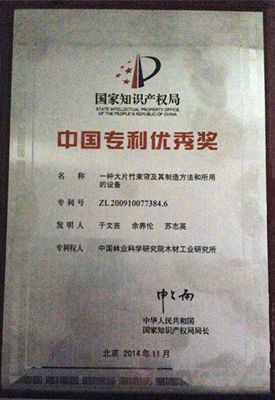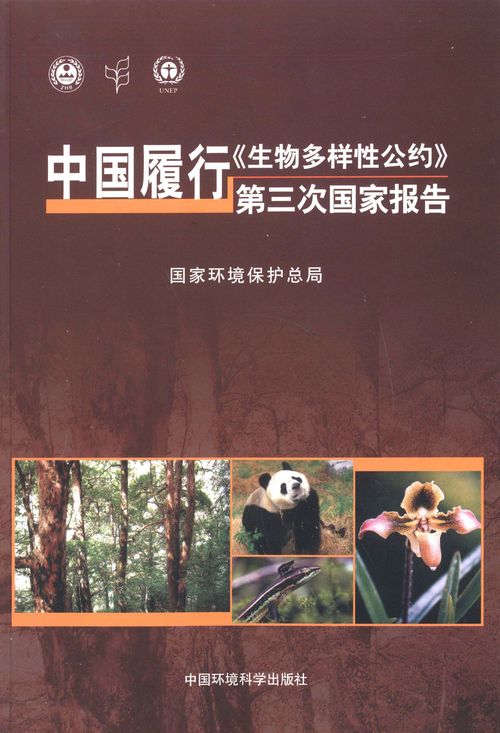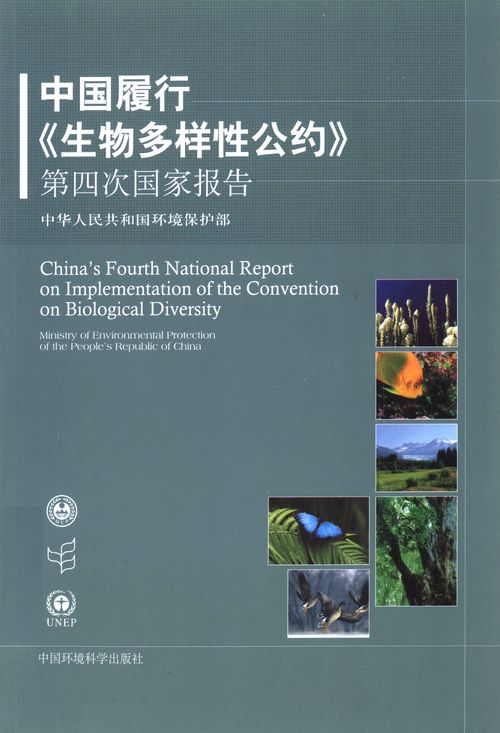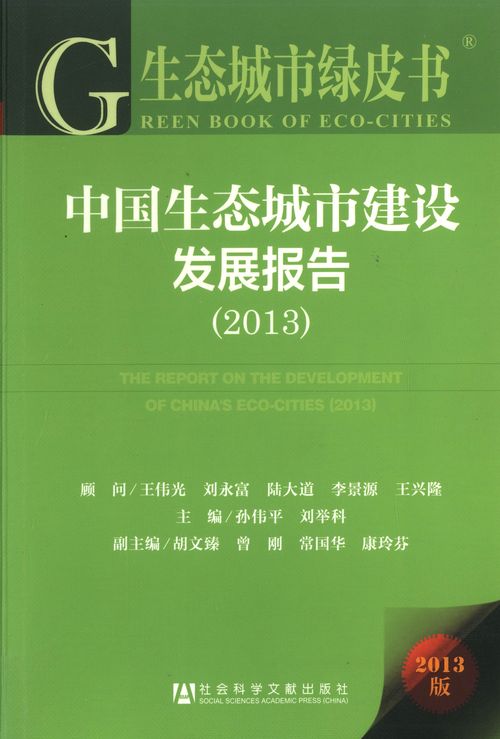
Growth responses of Picea mongolica seedlings to defoliation rate
编号
zgly0000363272


文献类型
期刊论文


文献题名
Growth responses of Picea mongolica seedlings to defoliation rate


学科分类
220.99;林学其他学科


作者
ZOUChun-jing
HANShi-jie
QIShu-yan
XUWen-duo
LIDao-tang


作者单位
CollegeofLifeScience&Biotechnology
ShanghaiJiaotongUniversity
Shanghai200030
China//InstituteofAppliedEcology
ChineseAcademyofSciences
Shenyang110016
China
InstituteofAppliedEcology
ChineseAcademyofSciences
Shenyang110016
China
NormalCollege
ShenyangUniversity
Shenyang110016
China
CollegeofLifeScience&Biotechnology
ShanghaiJiaotongUniversity
Shanghai200030
China


母体文献
Journal of Environmental Sciences;环境科学学报: 英文版


年卷期
2005,17(2)


页码
232-236


年份
2005


分类号
S791.18


关键词
落叶率
云杉森林
贫瘠地区
中国
内蒙古自治区
生长环境


文摘内容
Picea mongolica W. D. Xu. is an endemic species in China. The spruce forest is only found in semi-arid habitat in Inner Mongolia Autonomous Region of China. Based on the simulative defoliation experiment, it was proved that Picea mongolica seedlings had the compensatory and overcompensatory effects under the certain defoliation rate. The results of variance analysis on growth indexes showed that in PM I (natural regeneration seedlings under Picea mongolica forest), the differences of H1 (height in June 23 ) and H2 (height in September 3) were extremely significant, and the difference of D(diameter at the breast height) were not significant. In PM Ⅱ (artificial regeneration seedlings under Betula platyphylla Suk. forest), the difference of H1 was significant, the difference of H2 was not significant, and the difference of D was extremely significant. The regression equations were established and the compensatory and overcompensatory points were obtained. In PM I, the compensatory points of H1, H2, and D were 0.7628, 0.7436, 0.5725, and the overcompensatory points were 0.6056, 0.5802 and 0.2909 respectively. In PM Ⅱ, the compensatory points of H1, H2, and D are 0.5012, 0.3421, 0.2488, and the overcompensatory points are 0.4137, 0.2633 and 0.0747 respectively. These results suggested that the induction of compensatory growth mechanisms in spruce seedlings required a threshold level of defoliation, and the insects in Picea mongolica forest could be controlled in a certain de clree。


-
相关记录
更多
- 内蒙古自治区沙漠化敏感性时空演变格局和趋势分析 2023
- 中国生态护林员政策实施机制、成效及动态调整 2023
- 关于山水林田湖草系统运行效率的理论思考 2023
- 基于随机森林模型的内蒙古草原火灾空间格局与驱动因素分析 2023
- 政策效益视角下我国流域生态补偿机制完善问题探析 2023
- 中国集体林权改革政策效应研究综述 2023
 打印
打印


